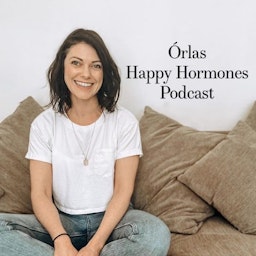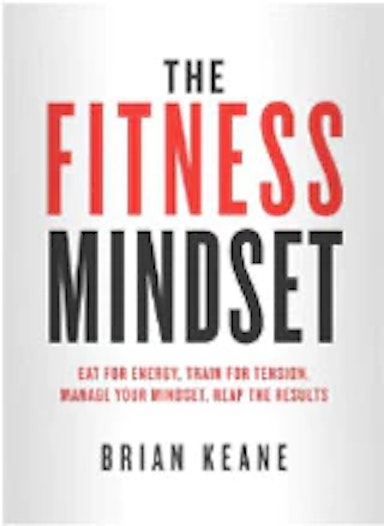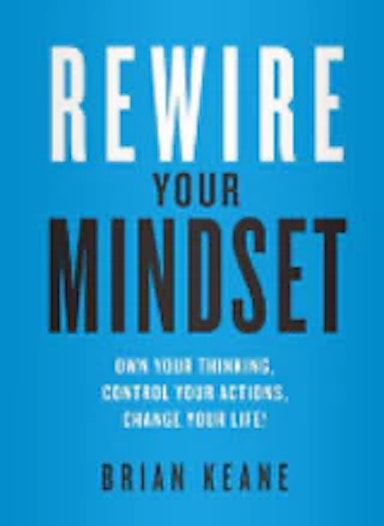
Episode: 320
Monday, March 15, 2021
Orla O’ Flaherty on Cortisol, Estrogen and Female Fat Loss, The Contraceptive Pill and Managing An Underactive or Overactive Thyroid!
Today on the podcast:
loading...
Guest Info
Did you enjoy this episode? Orla O’ Flaherty Also Apeared on:
Episode: 334
Orla O’ Flaherty on Balancing Hormones, PMS, Thyroid, Amenorrhoea (Losing Your Period) and Fertility!
Episode: 320
Orla O’ Flaherty on Cortisol, Estrogen and Female Fat Loss, The Contraceptive Pill and Managing An Underactive or Overactive Thyroid!
Episode: 480
Orla O’ Flaherty on Periods, Relationships, Break Ups, Healed Masculine/Feminine, Dating Apps, Parental Wounds, Sensuality vs Sex and More..



